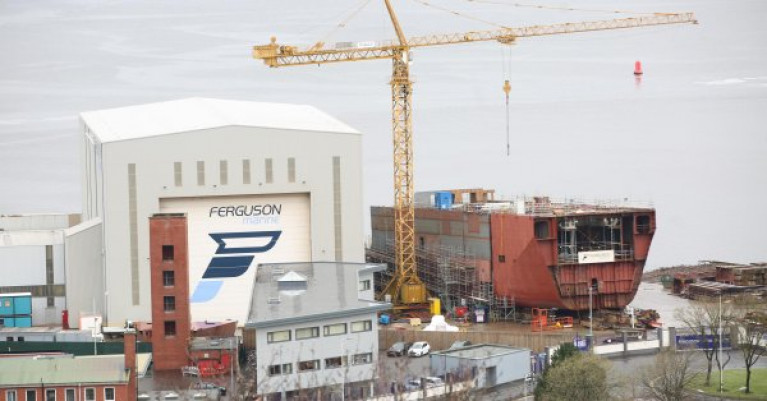Displaying items by tag: Public Inquiry
Public Inquiry Call as Costs of Scottish Lifeline Ferries Soar Again - to Quarter of a Billion Pounds
Scottish Ministers admit that further problems with lifeline ferries languishing in a Clydeside shipyard will delayed by eight months and will add a further £8.7m to the costs taking the bill to a quarter of a billion pounds.
Finance secretary Kate Forbes admitted that cabling issues has meant further delays to the ferries ever setting sail - a day after an public spending auditor's report revealed doubts that they will ever go into service.
Audit Scotland criticised a “multitude of failings” in the delivery Glen Sannox (Arran service) and Hull 802 which are languishing in the state-controlled Ferguson Marine yard were now nearly five years late and will cost the public two-and-a-half times the contract costs - £240m.
After the latest costs uplift and delay emerged, Scottish Conservatives' shadow transport secretary Graham Simpson said the SNP should be "ashamed" by the auditors analysis and called for a public inquiry.
Scottish Labour shadow transport secretary Neil Bibby challenged Ms Forbes to resign if the latest rescheduling is not stuck to.
Herald Scotland last week reported on the shipyard saga.

























































